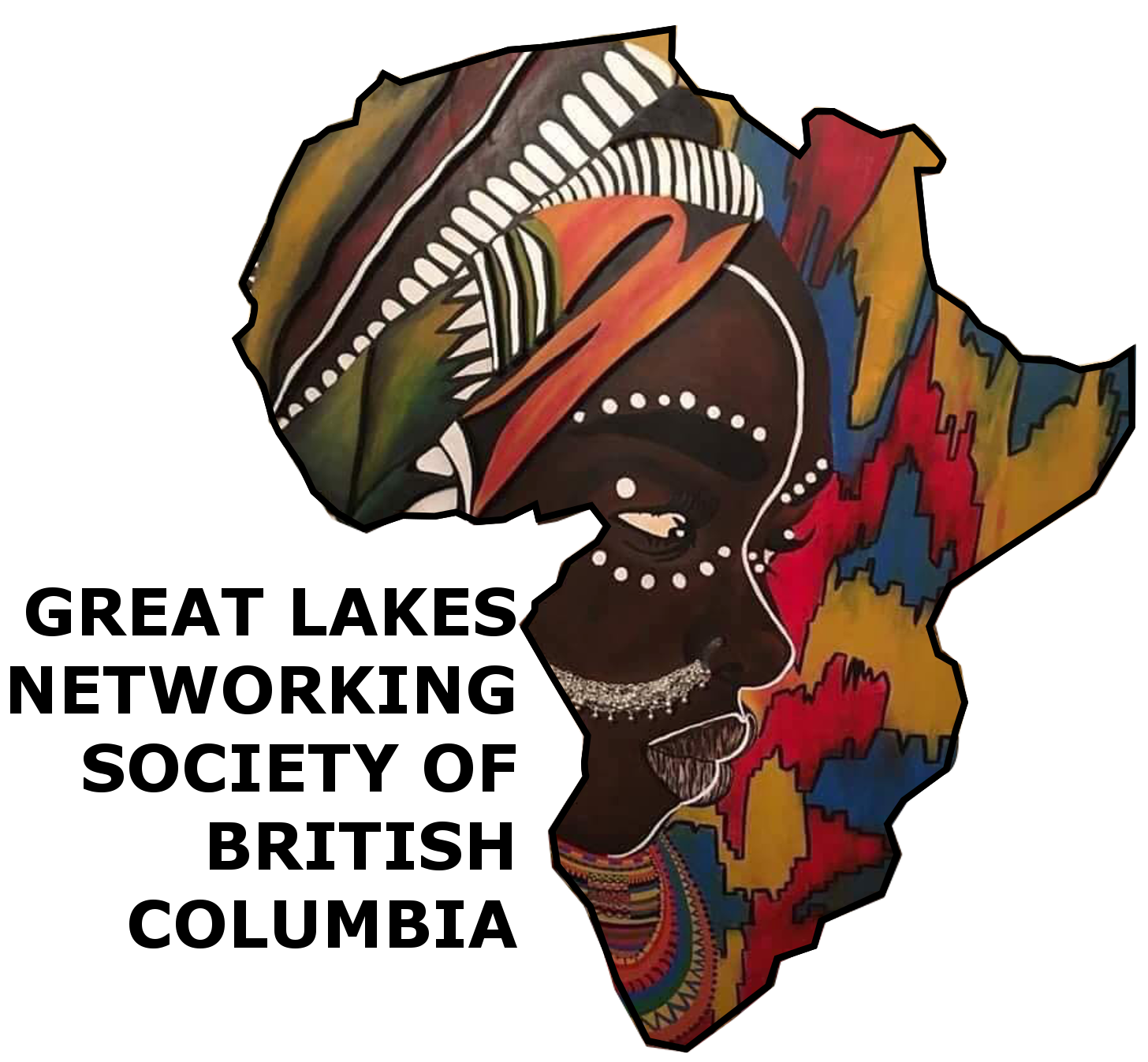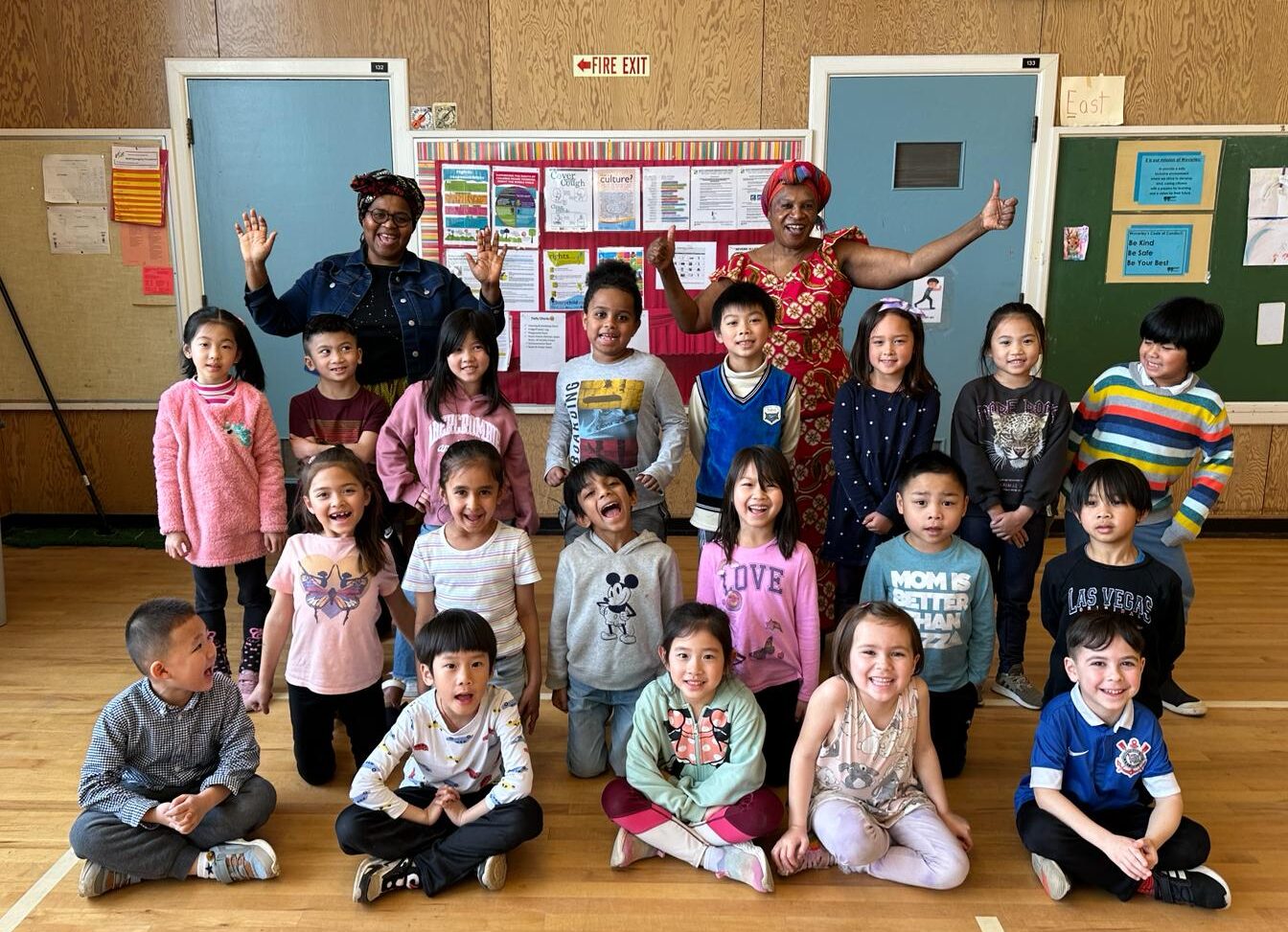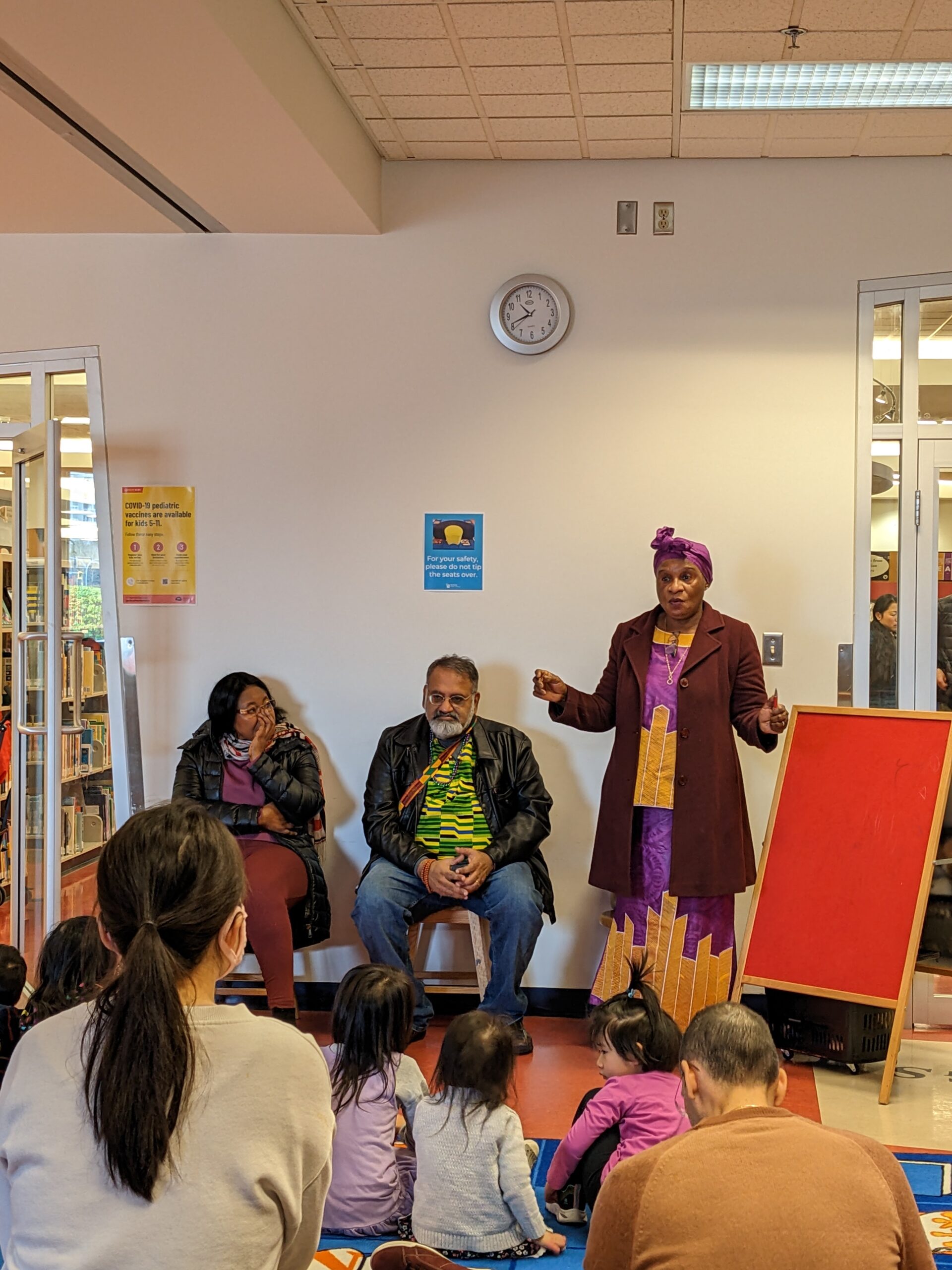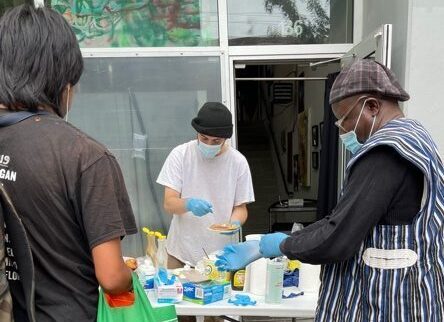ACHA CHUKI PROJECT DURING THE ALKABULAN WEEK “MAY” 2022
kombiibn@yahoo.ca2023-02-05T11:54:48+00:00Acha Juki Initiative- it started in 2017, after we organized our 2nd a successful Vigil event on Jul 10, 2016, that saw more than 500 people gathered at the Vancouver Art Gallery – Sunday afternoon to show solidarity that included group speakers from Black Lives Matter. The vigil came as a result of the deaths of two black men – Alton Sterling and Philando Castile, in the United States at the hands of police officers. Castile was shot in front of his four-year-old daughter and his girlfriend during a routine traffic stop.
Racism, in all forms, is abhorrent and unacceptable – In this era when racism, xenophobia, antisemitism & Islamophobia are on the rise across in Canada, and global, it is important that all children, from all backgrounds, learn & practice non discrimination. Education is the best tool to tackle Racism, Discrimination and to help build inclusive societies. Children should be taught early about equality, respect and tolerance. Governments must provide the appropriate financial resources for schools and civil society organizations to be able to
promote equality and non-discrimination. Teachers must be trained to work with all children and be sensitive to the needs of pupils from different backgrounds, including issues relating to human rights and racial discrimination. Children from all backgrounds must have equal access to quality education and fully integrated into the school system. To work with communities to raise and create awareness, encourage the engagement and participation of our Racism initiatives/programs in the community; push our government on change of Policy and by-law development; responding to incidents of racism and discrimination in our communities, combating ingrained systemic Racism needing active engagement from white people as well as recognizing the importance of challenging racial injustice in our fight to end domestic violence. “Injustice for one is injustice for all.
Teaching racism is the core concept for our initiative, it recognises that racism is something that is learned and therefore can be unlearned. It acknowledges the unique expertise community members are able to address the challenge and inspire others to do the same. Teaching racism empowers and lift the limits that society has placed on young people. Racism is recognise as a societal issue, acknowledged to have affect and impacted many groups of people, with significant relevance, especially to Indigenous, Black, Asians, and interfaith communities. We would like to make our events informed by best practice, be strengths-based, future-focused and optimistic . Hoping to receive grants to organize meaningful Anti-Racism events which demonstrate and uphold the values, in our communities. We will develop programs that approach uncomfortable conversations around racism through the lens of a growth mindset, creating ways to acknowledge and begin to address racism within communities, increasing the visibility of, and inherent importance of, cultural competency as a vital part of the our skills set. Our Anti-Racism events will align with our vision of leadership strategy, professionalism which builds principled and inspirational leadership; a culturally capable, competent and connected activities.
Combating Racism and Discrimination through Education. The Stop The Hate program reflects Campus Pride’s commitment to provide social justice tools for combating bias and hate crimes in all its forms. Stop The Hate is dedicated to provide the necessary resources and educational training to combat hate on college campuses; and to actively seek partnerships and collaboration among various organizations with similar concerns to address bias and hate behaviors. With the statement as follows from the Honourable Pablo Rodriguez, Minister of Canadian Heritage and Multiculturalism
Diversity and inclusion are cornerstones of Canadian identity, a source of social and economic strength, and something of which all Canadians can be proud. However, even in an open and diverse society like ours, we know that there are still very real challenges. Building a Foundation for Change requires us to first acknowledge that there is a problem we need to address. We know that throughout our history, and even today, there are people and communities who face systemic racism and discrimination in our country. Recent events at home and abroad have also shown that no community is immune to the effects of hateful rhetoric. Whether it’s racism and discrimination that is anti-Indigenous, Islamophobic, antisemitic, anti-Black, or homophobic, it is clear that the Government of Canada needs to do more to combat racism and discrimination in its various forms.
The experiences of racialized communities and Indigenous Peoples with racism and discrimination can also vary. Applying an intersectional lens reveals a complex picture of the way that different groups and individuals are excluded and harmed. The Government of Canada is committed to building a foundation for change by removing barriers and promoting a country where every person is able to fully participate and have an equal opportunity to succeed. Achieving this vision is not just a way to build a better country, it also addresses the human cost of racism and discrimination. Building a society that is free of racism requires ongoing commitment.
From October 2018 to March 2019, engagement sessions were held across the country to gather input from Canadians, especially those with lived experiences of racism and discrimination, in order to help inform the development of a new federal anti-racism strategy. The engagement process consisted of 22 in-person forums that welcomed approximately 600 people and 443 organizations.




